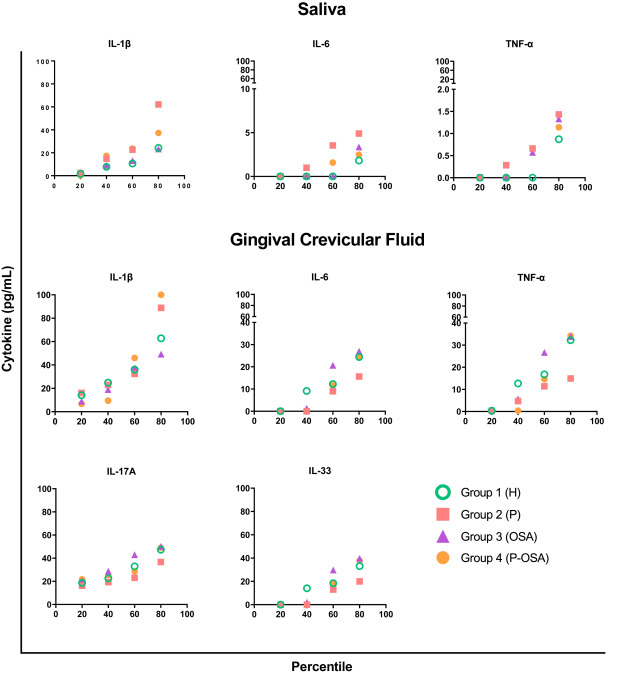A study published in Heliyon has explained a relationship between sleep apnea and an increase of inflammatory factors in the mouth that are connected to the gum disease peridontitis.
Connected dangers
This paper begins with a discussion of peridontitis, which is caused by infection with anaerobic organisms [1] that form pockets in the gums, leading to tooth loss. Peridontitis is associated with multiple diseases, some of which are directly connected to aging, including cardiovascular disease [2], arthritis [3], and diabetes [4].
In this study, the researchers focus particularly on obstructive sleep apnea, a disorder that is characterized by a collapse of the airway during sleep, resulting in reduced airflow and impeded breathing and linked to respiratory diseases [5].
It should be unsurprising that the common thread linking all these various disorders is inflammation, and multiple research papers have linked sleep apnea to increased inflammatory biomarkers [6]. Here, the researchers identify those biomarkers individually.
Five different factors
The researchers focused on five different biomarkers: the four interleukins IL-1β, IL-6, IL-17A, and IL-33, along with the well-studied inflammation-linked cytokine TNF-α. While this study was relatively small, with a total of only 90 people, it had significant results even in the most basic measurements: people with severe sleep apnea were statistically likely to have severe peridontitis.
While all of these biomarkers seemed to have correlations, only IL-6 reached the level of statistical significance between groups. Interestingly, IL-6 seemed to be richer in the gingival crevicular fluid taken from the gums of people with sleep apnea, while peridontitis was associated with richer IL-6 concentrations in the saliva. The presence of Candida yeast in the mouth was found to increase cytokines as well.
This chart shows a percentile-based analysis of the concentrations of inflammatory cytokines in each group and subgroup.

Conclusion
Does sleep apnea cause peridontitis, or does peridontitis cause sleep apnea? While this is an association study that does not prove causation, this study bolsters previous research showing that that the dry mouth [7] and lack of oxygen caused by sleep apnea increase peridontitis-related inflammation [8]. While some research is conflicting, the authors believe that the association is bidirectional and that systemic inflammation is a contributor to both conditions.
Whatever the causal relationship is, this study shows the value of biomarkers in understanding disease, particularly if they are taken from different sources in the same person. Peridontitis is relatively easy to detect in the dentist’s office, but biomarkers of inflammation can better show the true extent of inflammation. While sleep apnea is notably difficult to treat, anyone with this condition is particularly encouraged to maintain good oral health to minimize the risk of bacterial infection, subsequent inflammation, and inflammation-related, age-related diseases.










































